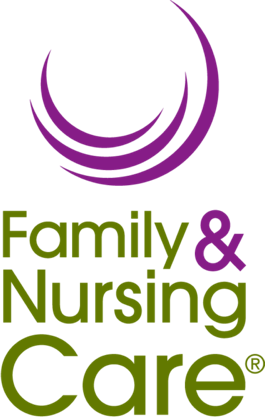Activities of Daily Living (ADLs) are essential personal tasks that people do on an everyday basis. Some examples of ADLs include bathing, dressing, personal hygiene, meal preparation, feeding, toileting, continence care, transferring, and lifting. Older adults often have trouble performing some or all ADLs on their own.
Caregivers can help clients perform these activities of daily living as needed. The help provided by the Caregiver is completely dependent upon each individual client’s needs. For instance, one client may require a Caregiver’s full assistance with bathing or showering, while another may need the Caregiver to simply monitor the activity to ensure the client is safe and help reduce the risk of a slip and fall. This individualized level of assistance is applied by the Caregiver to all ADLs.
The Caregiver will also familiarize themselves with the full spectrum of the client’s abilities and needs in order to allow the client to maintain independence where and when they can. For example, a client may need help with preparing a meal, but be perfectly capable of feeding themselves. In this case, the Caregiver will cook a meal for the client, but will not overstep and try to assist with feeding. If the client’s needs change over time, the Caregiver can adapt to those needs.
There may be instances where a client is not receptive to receiving the needed help or care. This can especially be the case if the client has dementia, which can cause them to become agitated. Caregivers have the skills to maintain open communication with the client and their families regarding care. For example, the Caregiver will use a very calm tone and demeanor to ascertain the client’s preferences and comfort level with receiving care and will clearly explain to them about how the help will be provided.
To learn more about our home care services and why thousands of families choose us, call us at 800-588-0517.






